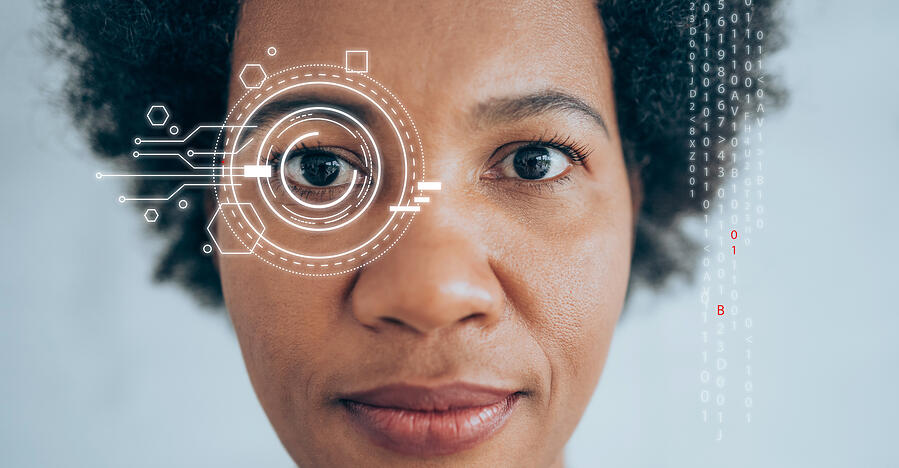
The adoption of biometric data usage by governments opens the door to a dystopian future
One of the important pieces of information that has come out of the US-led withdrawal from Afghanistan is that some of the equipment left behind was used for a biometric data collection program. The US military had used devices to capture fingerprints, iris scans, and facial images to build a database of the Afghan population to help fight terrorists. This Handheld Interagency Identity Detection Equipment, referred to as HIIDE, is now in the possession of the Taliban, and it is feared that this information will now be used to track down Afghan citizens who aided the US and its allies. This demonstrates the danger of collection of sensitive biometric personal data and emphasizes the fact that it needs to be minimized. Inevitably, personal data is leaked or accessed by unauthorized individuals. In recent years, data leaks have been occurring with increasing frequency. However, this is not stopping world governments or large corporations from collecting high sensitive biometric data. The collection of biometric data is actually increasing as well. The US government accountability office lists 24 federal agencies that are currently using or planning to use facial recognition technology. Six of those agencies mention that they will use it for domestic law enforcement. As an example, certain individuals have submitted to having their faces scanned to board a plane at the airport. This technology is rife with privacy concerns, as it could easily lead to mass surveillance and false arrests. Some states within the US have already banned the use of facial recognition technology due to these concerns, but most have not. Certainly, this technology has the potential to be very useful for law enforcement agencies — preventing terrorist attacks or tracking criminals to arrest them as well — but it comes at significant cost to personal privacy. Apple Watch, Fitbit, and other devices have been collecting their users’ data for years. Recently the Wall Street reported that Apple watches will soon be able to record blood pressure and body temperature to help with fertility planning. The increasing collection of sensitive health and biometric data is concerning. It is just as likely that the data will be used for price discrimination (charging someone a higher price due to some personal information the company is aware of) as advancing diagnosis and treatment of various illnesses. Further reading: When it comes to data collected through personal devices, at least individuals have the option not to wear a smartwatch or carry a smartphone with them everywhere they go. However, when a surveillance state leverages facial recognition technology to track its citizens or requires facial scans to get access to essential services like public housing or healthcare, biometric data collection is nearly impossible to avoid. Imagine leaving your apartment to go visit a family member and knowing that the government is able to track you the entire way. This is a stunning example of how invasive technology could be used to destroy any notion of personal privacy. We applaud the efforts of governments that are banning the use of facial recognition technology and hope that other countries and states follow suit. It's a dangerous precedent to allow the mass collection of biometric data, no matter how noble the goal. The technology is too easily repurposed for something dangerous to civil liberties. We're already seeing countries like China require face scans for its citizens to access public housing, and now they plan to make children scan in order to play online video games. Perhaps children are better off spending less time online gaming, but nevertheless, we believe that the bad outweighs the good, as personal privacy is greatly diminished. Ben Franklin is often quoted as saying, “Those who would give up essential Liberty, to purchase a little temporary Safety, deserve neither Liberty nor Safety.” This notion is especially relevant in the context of government surveillance. We know that governments with this much power over their citizens are likely to abuse it. If you want to push back against these types of data collection practices, you can voice your concerns to your local politicians and policymakers. Additionally, you can take conscious steps to anonymize yourself in public (like wearing a facial mask or hat), and importantly, opt out of as many data collection settings on your personal devices as possible.
Popular devices that collect biometric data
What does your Apple Watch know about you?
Here's what your Fitbit knows about you
Advancing digital identity with Avast's Charles Walton
如有侵权请联系:admin#unsafe.sh